
Readings:
• Is 49:1-6
• Ps 139:1b-3, 13-14ab, 14c-15
• Acts 13:22-26
• Lk 1:57-66, 80
The birth of a child is a momentous occasion, filled with joy, hope, and, yes, some apprehension. It is also a time of transition; it breaks time into “before” and “after,” and brings all sorts of changes into the lives of parents, family, and friends.
The Church, in the course of the liturgical year, celebrates the birth of three people, related by blood, bound together by the work of the Holy Spirit, and united in bringing about the greatest “before” and “after” in the history of the world.
The greatest of these solemnities is, of course, the Nativity of our Lord, Jesus Christ. The second is the Nativity of the Mother of God, the blessed Virgin Mary, who was conceived, born, and lived without sin. The third is John the Baptist, whose role in the mystery of God’s plan of salvation is difficult to exaggerate and yet is often taken for granted.
While Mary was chosen to bear and mother the Son of God, John the Baptist was chosen to prepare the way for the Lamb of God and to announce Him to the world. “John surpasses all the prophets,” remarks the Catechism, “of whom he is the last. He inaugurates the Gospel, already from his mother’s womb welcomes the coming of Christ, and rejoices in being ‘the friend of the bridegroom’, whom he points out as ‘the Lamb of God, who takes away the sin of the world’” (CCC 523).
But, the Catechism also points out, John was more than a prophet (CCC 719). He was the culmination of a long and illustrious line of prophets who spoke and suffered for the Lord. Today’s reading from Isaiah, in which that Old Testament prophet described how God named him while yet in the womb, finds perfect fulfillment in John. His father, the priest Zechariah, had been told by an angel—as he offering incense in the temple—that he would have a son whose name would be John. “He will be great in the sight of the Lord,” the frightened priest was told, “He will be filled with the Holy Spirit even from his mother’s womb, and he will turn many of the children of Israel to the Lord their God” (Lk 1:13-17).
The birth, life, and martyrdom of John the Baptist are intimately connected with the work of the Holy Spirit. Even before birth he was filled with the Holy Spirit, and from the womb he leapt in recognition of his Lord’s presence (Lk 1:41). He was the “voice of the Consoler” who was yet to come, bearing witness to the light of Christ, just as the Holy Spirit has done since Pentecost (CCC 719).
When the Triune nature of God was revealed at Jesus’ baptism in the river Jordan, it was John who, reluctantly, performed the baptism. That revelatory event marked the beginning of Jesus’ public ministry and John’s declaration, as a self-described “best man” of the Bridegroom, “He must increase; I must decrease” (Jn 3:30).
This feast celebrating John the Baptist’s birth is also a celebration of the prophet’s role in paving the way for the new birth granted to all those baptized into Christ. “Finally, with John the Baptist, the Holy Spirit begins the restoration to man of ‘the divine likeness,’ prefiguring what he would achieve with and in Christ. John’s baptism was for repentance; baptism in water and the Spirit will be a new birth” (CCC 720).
Called by God, John knew who he was because he always saw himself in relation to Jesus. Filled with the Holy Spirit, John poured out his life for the Kingdom, his own death foreshadowing the crucifixion of the King of Kings. Born in the midst of the greatest events of human history, John the Baptist continues to declare, “Behold, the Lamb of God, who takes away the sin of the world.”
(This “Opening the Word” column originally appeared in the June 24, 2007, issue of Our Sunday Visitor newspaper.)
If you value the news and views Catholic World Report provides, please consider donating to support our efforts. Your contribution will help us continue to make CWR available to all readers worldwide for free, without a subscription. Thank you for your generosity!
Click here for more information on donating to CWR. Click here to sign up for our newsletter.





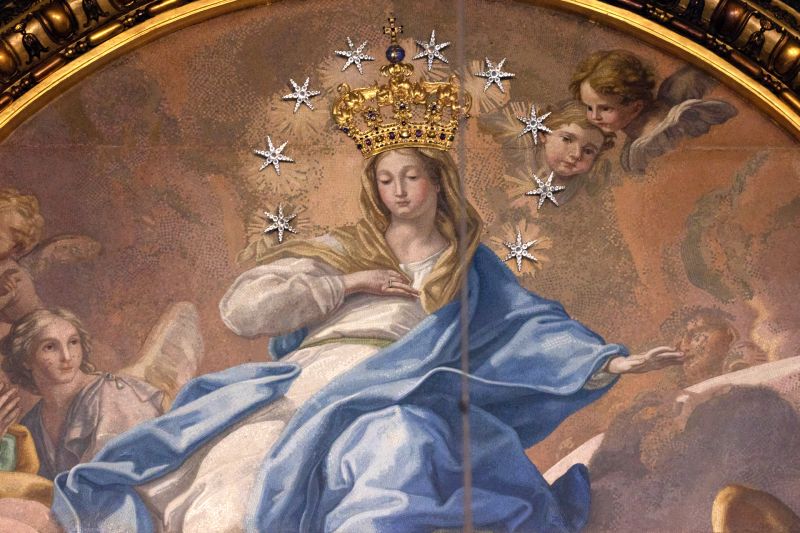
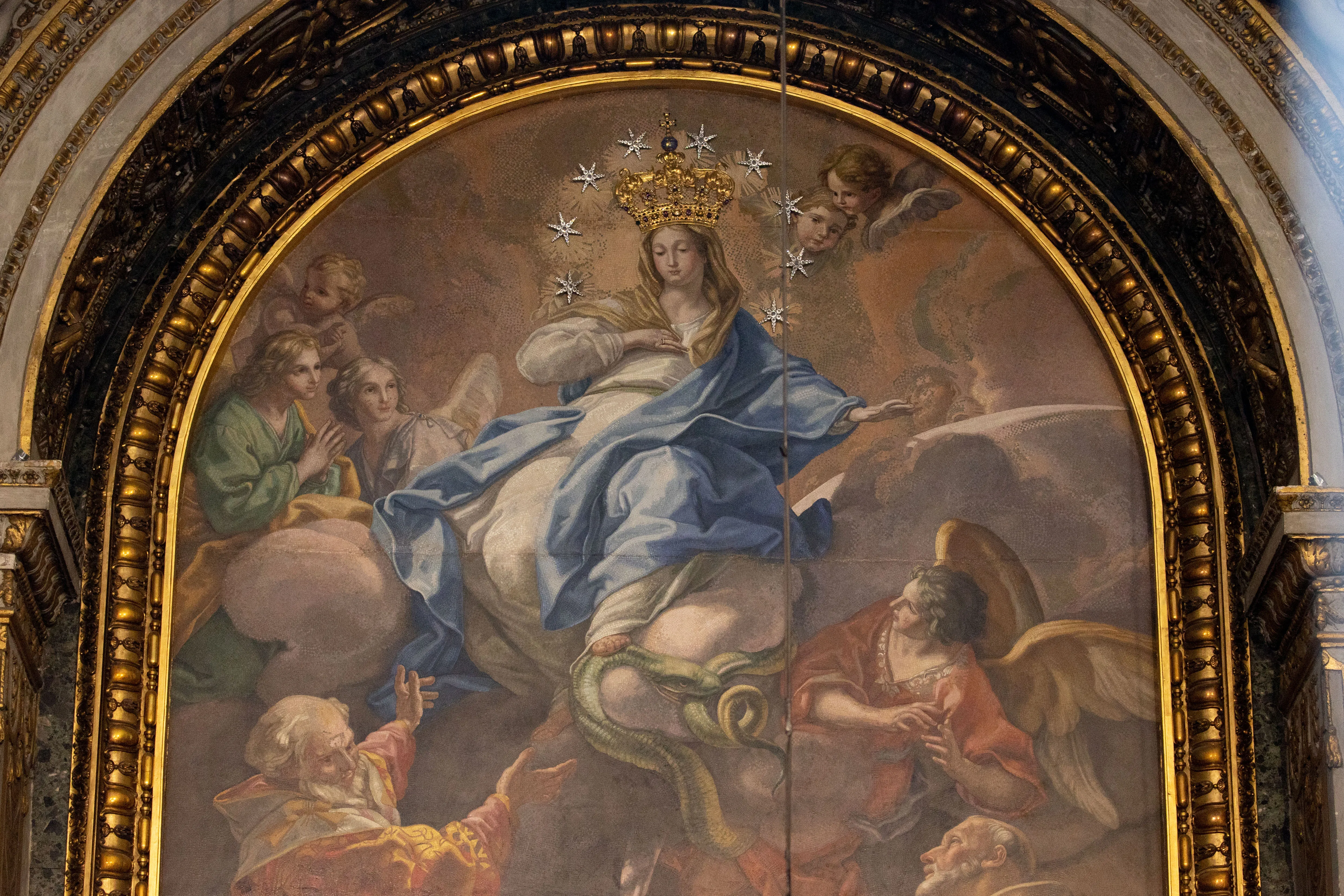
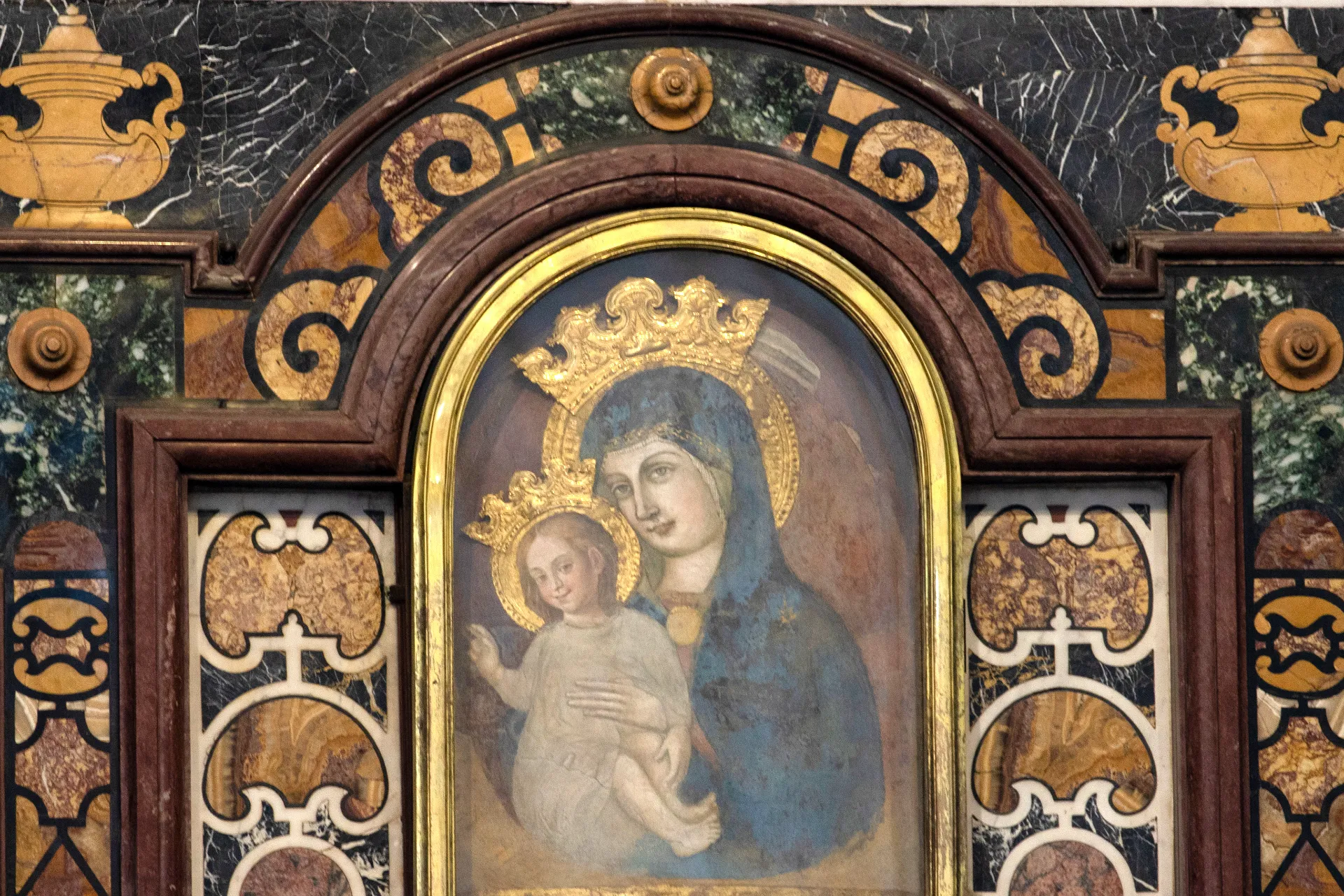
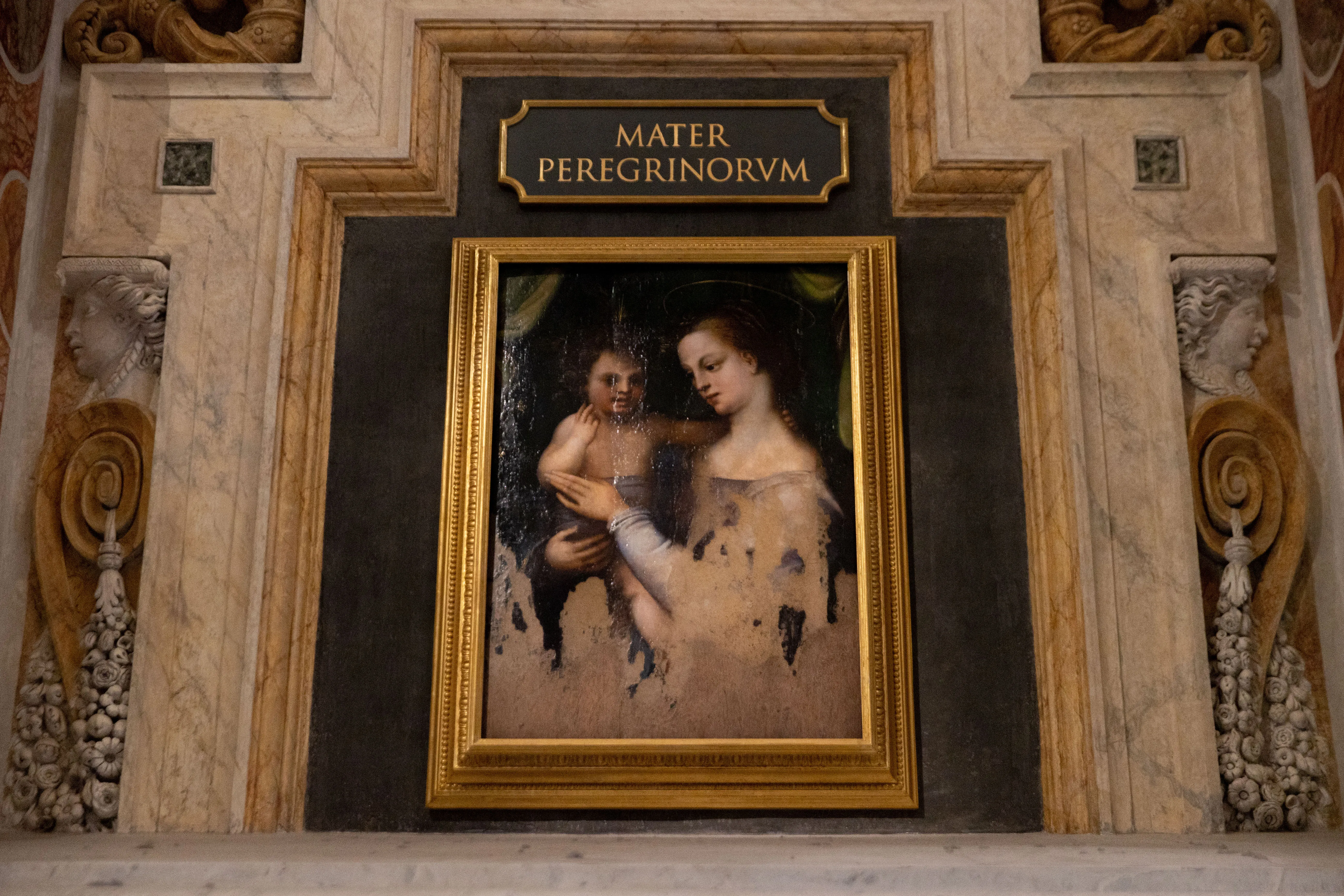
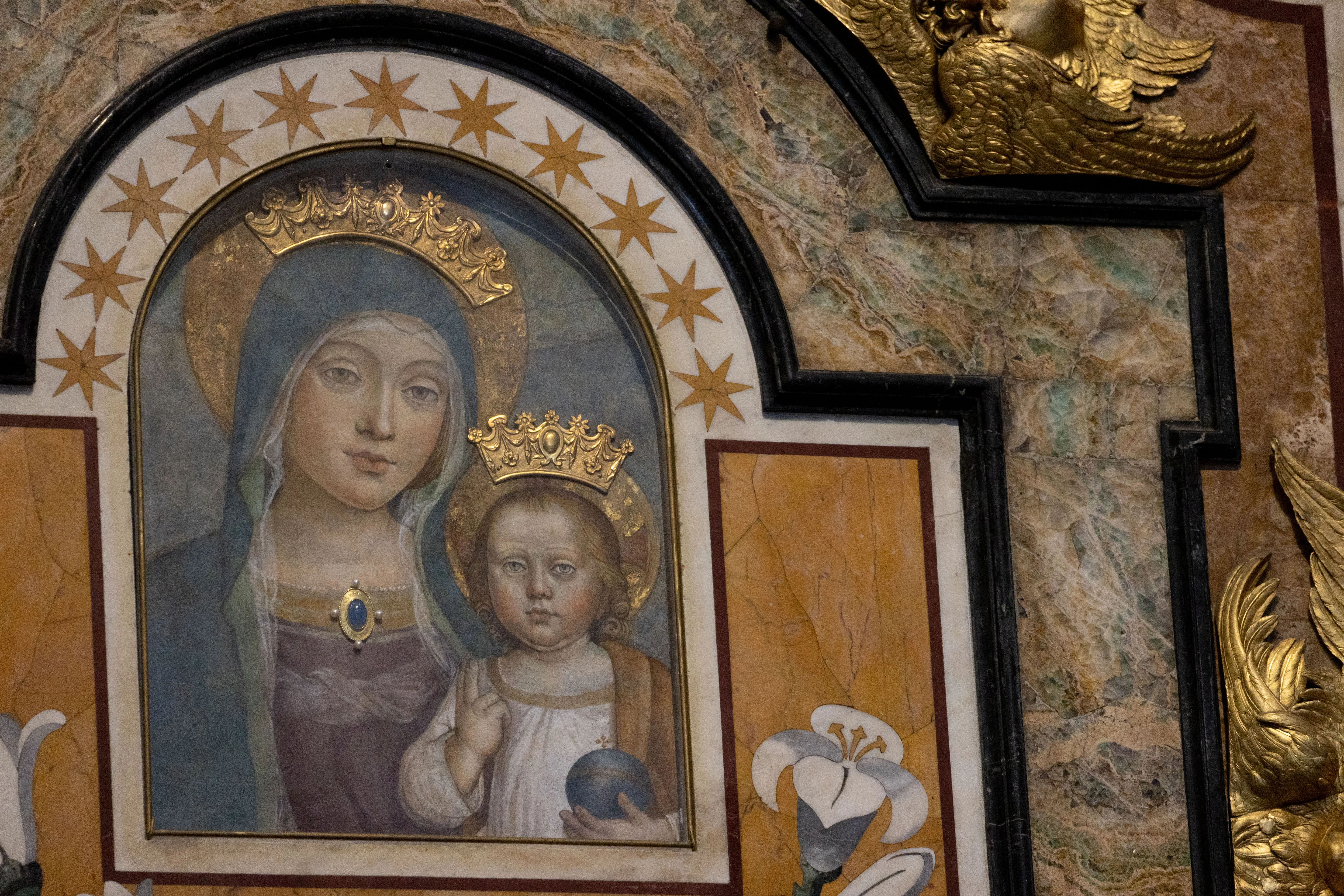
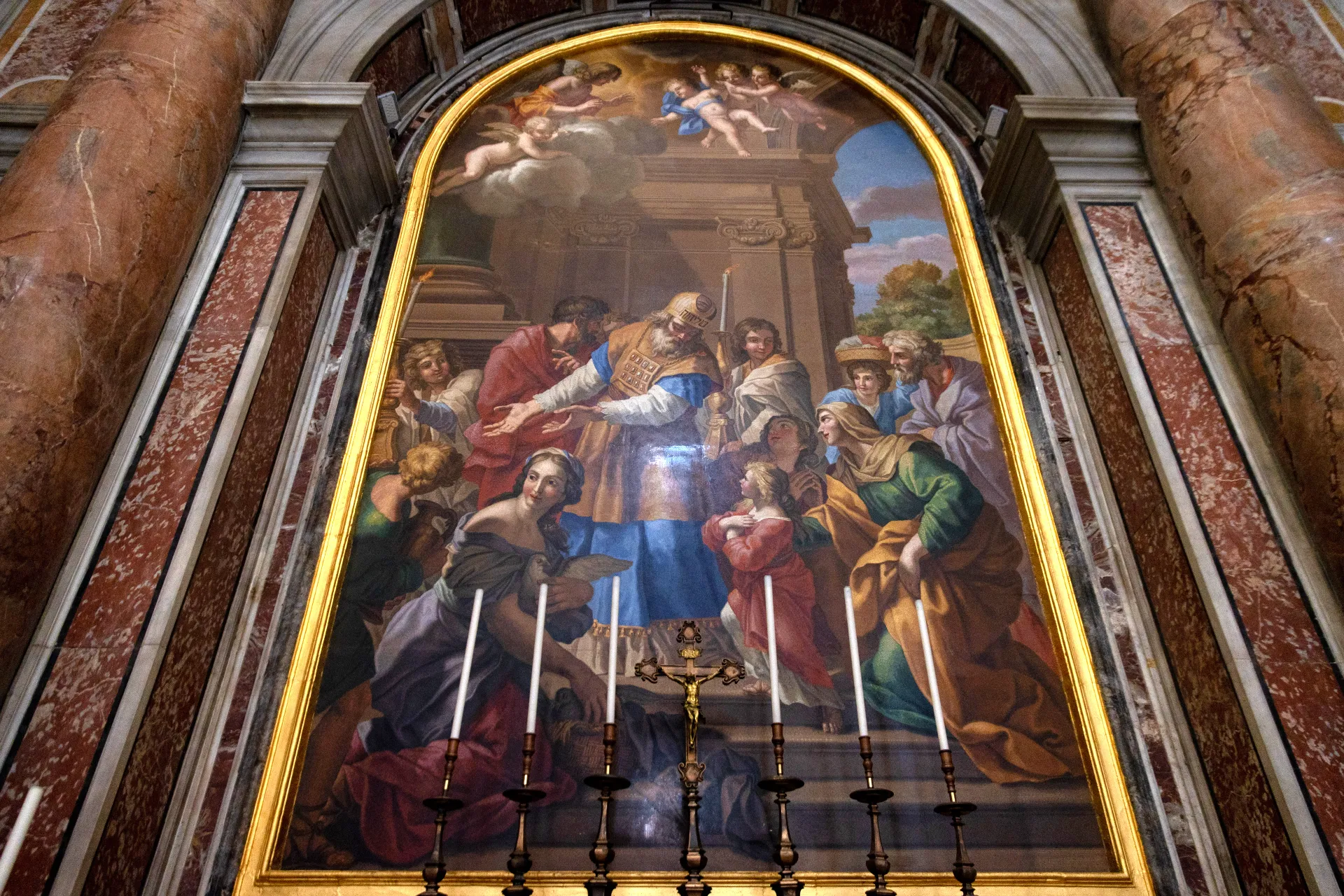
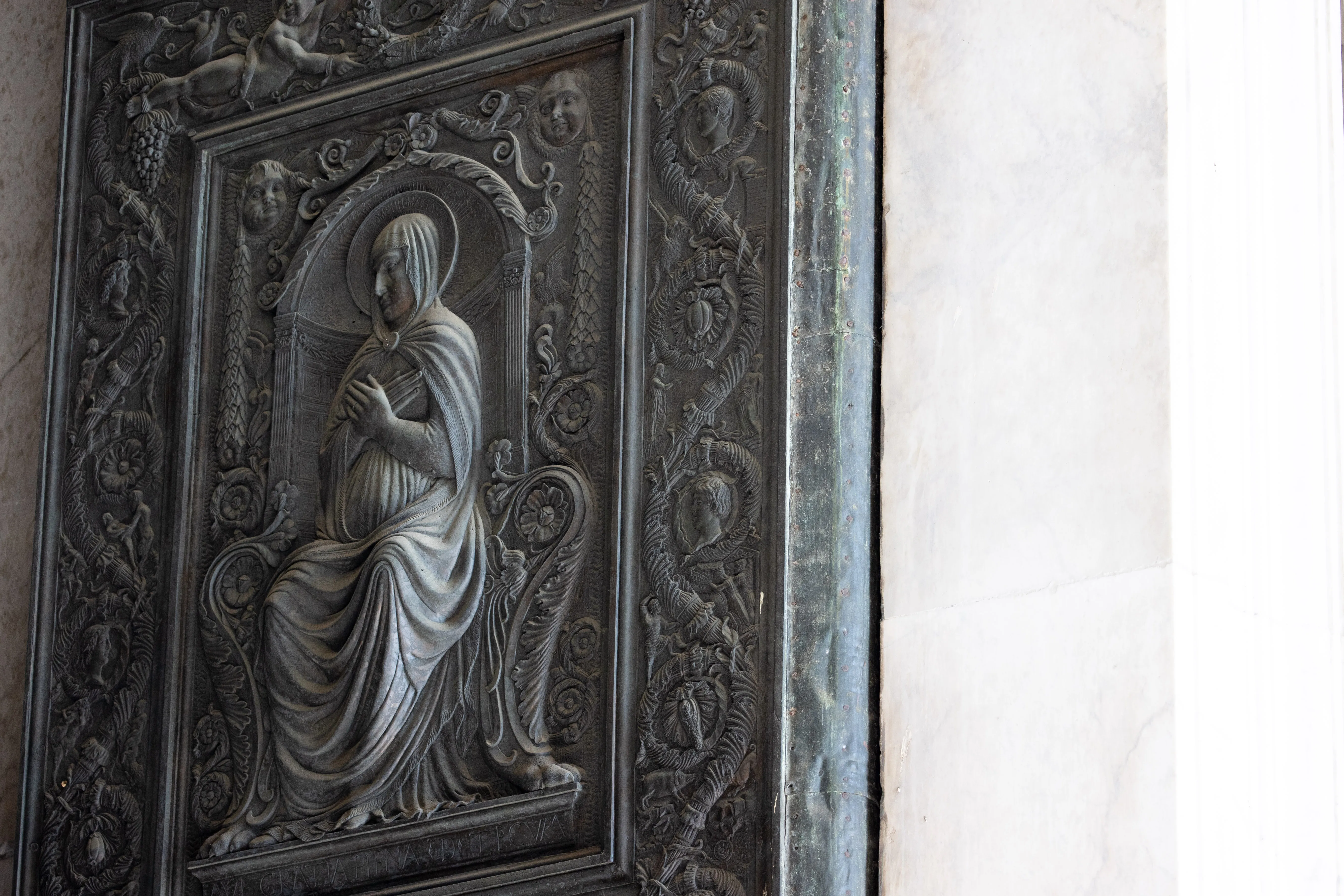

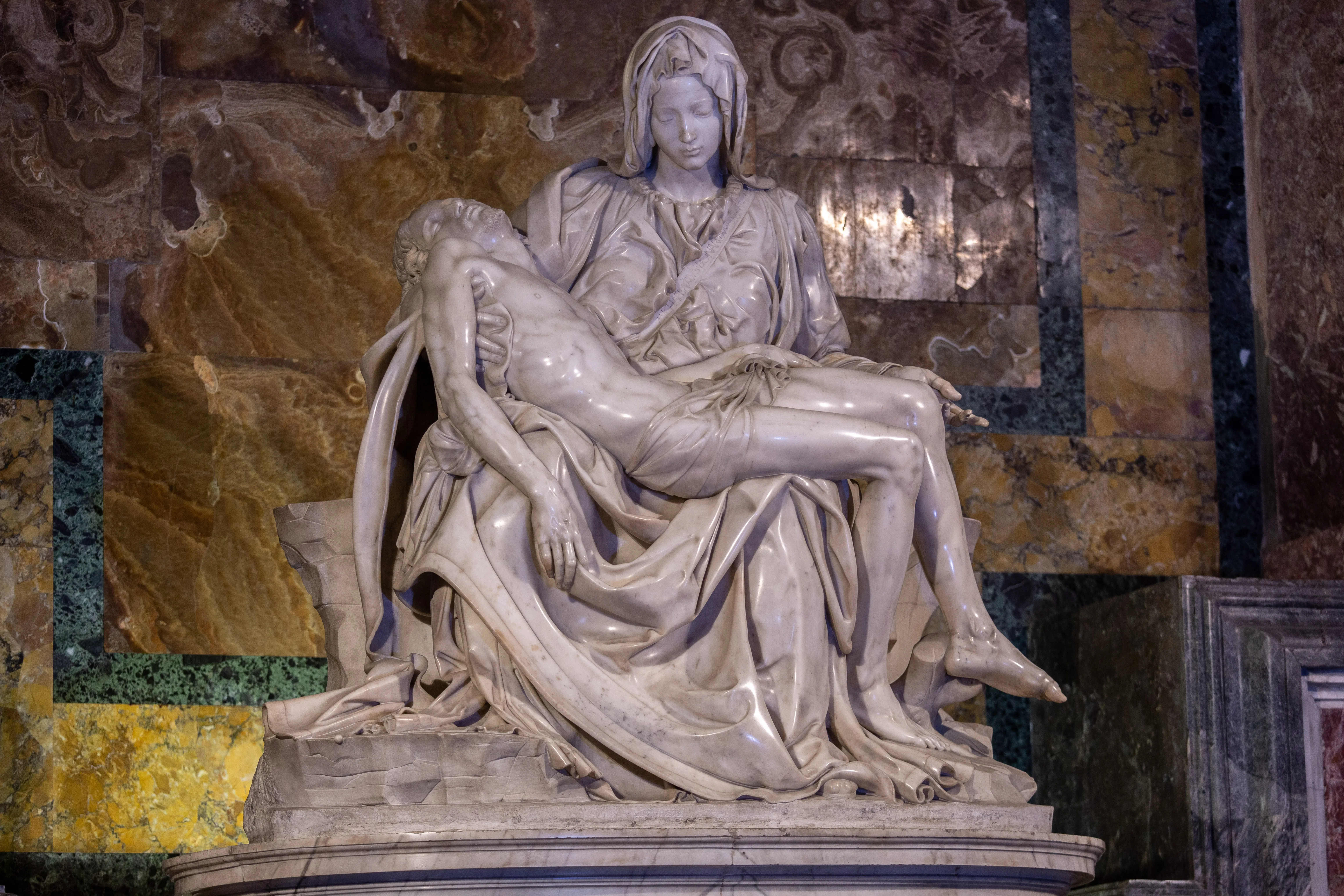

Many ask why did Jesus the Author of Life and the sacraments present himself to be baptized. John recoiled a bit Jesus responded That justice be fulfilled. The desert contemplative knew from the womb the reality of the Person Jesus. Though not completely. Revelation of a mystery is a beautiful thing precisely because of its elusive depth. Jesus true Man true God was known from the beginning but not entirely. Not until Ephesus not until Cyril of Alexandria demonstrates at the Council the absolute necessity that Man be justified by a man. Who is also God.
“Many ask why did Jesus the Author of Life and the sacraments present himself to be baptized. John recoiled a bit Jesus responded That justice be fulfilled.”
Indeed,our Lord fulfilled the Law by being baptized.
Wonderful, interesting and intelligent article. I really would like to know when did Christ become a Catholic. He was circumcised by a Rabbi. He was presented as a Jew in the temple. He was baptized by a Jew. He taught in their synagogues. He cleansed the Jewish Temple, and Pilate had a placard placed above the crucified Christ that read: “Jesus of Nazareth. King of the JEWS” Please explain. Thank you!
Jesus did not become Catholic. He is Catholic. He is also Jewish, and because he was born a Jew (that is, in the Old Covenant) and because he is the Incarnate Word (that is, God), his person, reign, power, etc. is catholic: universal, complete, entire, whole. Here is an excerpt from Fr. Hans Urs von Balthasar’s book In the Fullness of Faith that might be helpful:
One thing to keep in mind that is that Jesus did not come to establish a religion over and against Judaism, but to establish an everlasting and universal (catholic!) covenant that was the fulfillment and culmination of the covenants with Adam (man/woman), Noah (family), Abram/Abraham (tribe), Moses (people/nation), David (nation/empire). See CCC 50ff for more on this.
Jesus became the Messiah Himself when He rose from the dead. If that is Jewish, please tell/explain how.
Excellent reflection on the birth of John!
Prophet Saint John the Baptist – Pray for us.
Symbolically, John the Baptist is confession.
Jesus is Holy Communion.
The former was until…50 years ago…the prerequisite for the latter.
Then the Catholic Church abolished John the Baptist in the great iconoclasm of The (over-riding) Spirit of the Second Vatican Council. One obvious token of that sweeping iconoclasm, John the Baptist was removed from the Confiteor.
If the Catholic Church establishment had any real appreciation for the regard Jesus had for a John the Baptist, they would restore his name to the Confiteor.
This website just published an article about a recent papal address. The article is titled “Pope Francis warns against preachers who sow division online.”
*
https://www.catholicworldreport.com/2021/06/23/pope-francis-warns-against-preachers-who-sow-division-online
*
It was the usual Pope Francis blasting rigidity. This almost right on top of the Solemnity of the Nativity of St. John the Baptist, one of the boldest of prophets and no stranger to giving prophetic correction. The pope’s address appears to put him at odds with St. John the Baptist and St. Stephen.
Agreed. Vatican II liturgical spirits deleted John the Baptist again when they removed in its entirety the Prayer to the Most Holy Trinity (which followed Washing of Hands). All these little gestures of irreverence and modernism add up to a council which fails the faithful.
Apostolic Nuncio Pierre’s speech before USCCB seemed to allude to the bishops attending to their faithful. The faithful will carry the Church through its crisis; Christ will lighten our load by pruning dead wood.
Blessed Feast ! 🙂
‘ The spirit of Elijah ‘ – Elijah , who had to deal with the kingdom of evil , the death and gore and violence related to same ..
St.John The Baptist , visited in the womb , by the King and Queen of grace … ,
to win over hearts where in rage the battles of the soul ..
and being filled with The Spirit , his days in the desert likely always in bloom in the trust and gratitude to The Father , both for the honey as well as the locusts ..
as per Bl .Emmercih , it was Mary Magdalene who taught Salome the dance .. and she too would learn to listen …to the Voice of The Master , to dance in accordance ..
Good meditation by St.Augustine too –
https://www.agapebiblestudy.com/documents/St.%20Augustine%20on%20St.%20John%20the%20Baptism.htm
Many years ago, our Pastor-Emeritus, Fr. Robert Vidal related in a sermon on the Birth of St. John, the Baptist that the Birth of Jesus introduced a period of increase in natural light, while the Birth of St. John, the Baptist signaled a decrease. Hence, “He must increase; I must decrease” (Jn 3:30). Isn’t June 21 “the longest day of the year”?
The Nativity of Christ is celebrated near the winter solstice, and the Nativity of St. John the Baptist is celebrated near the summer solstice. In terms of daylight the shortest(winter solstice) and longest(summer solstice) days of the year.